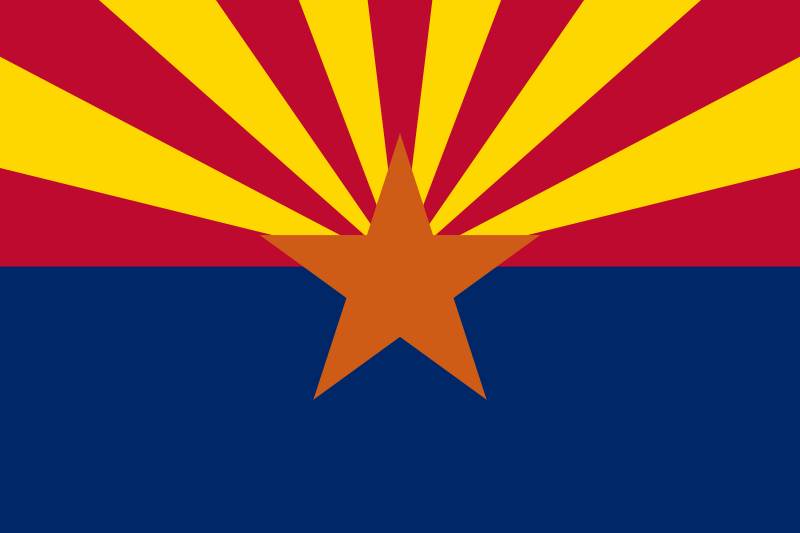The Arizona State Legislature voted to place a measure on the general election ballot to create a 0.1% sales tax, which would be levied from Dec. 31, 2022, to Dec. 31, 2042, that would fund fire districts.
The measure passed the state House on June 22, 2022, by a 34-25 vote. There was some division between party lines, with all 25 ‘no’ votes belonging to Republicans, while 28 Democrats and 6 Republicans voted to approve the measure.
Sen. Paul Boyer (R-20), who sponsored the measure as Senate Concurrent Resolution 1049 (SCR1049), said that the tax would generate $150 million annually for Arizona’s fire districts, and that the fire districts need help.
“Arizona’s 144 fire districts are in the midst of a serious, but largely unknown crisis – a shortage of manpower, equipment and resources our state can and should address to keep residents and visitors safe,” he said in an op-ed to Tucson.com, “SCR 1049 would put on the November ballot the Arizona Fire District Safety Act. Should voters approve it, this measure would create a temporary one-tenth-of-a-penny increase in the state’s sales tax.”
“This increase in funding will take the pressure off fire fighters and paramedics,” he continued, “And help ensure that fire districts have the staffing, equipment, and training necessary to provide fire services along with emergency and medical services to citizens in need throughout the entire state of Arizona.”
The Arizona Free Enterprise Club called the proposed sales tax “unfair and unnecessary.” “If enacted, all Arizona taxpayers would be forced to subsidize 1.5 million other Arizona taxpayers despite already paying taxes for fire and emergency services in their own communities,” the Arizona Free Enterprise Club argued, “This policy is essentially a bailout for fire districts who have recklessly and wastefully spent taxpayer money. Having Arizona’s taxpayers indiscriminately subsidize districts that are not good stewards of taxpayer money is a perverse incentive.”
The general election is on November 8, 2022, and there are currently eight measures on the Arizona ballot. The seven others are:
- The In-State Tuition for Non-Citizen Residents Measure, which repeals provisions of Proposition 300 (2006) to allow in-state tuition for non-citizen residents.
- The Voter Identification Requirements for Mail-In Ballots and In-Person Voting Measure, which requires date of birth and voter identification number for mail-in ballots and eliminates two-document alternative to photo ID for in-person voting
- The 60% Supermajority Vote Requirement for Constitutional Amendments and Ballot Initiatives Amendment, which would require a three-fifths (60%) supermajority vote to pass ballot initiatives (both statutes and constitutional amendments) and legislatively referred amendments
- The Legislative Changes to Ballot Initiatives with Invalid Provisions Amendment, which allows the legislature to amend or repeal voter-approved ballot measures that contain provisions ruled unconstitutional or invalid by the state or federal supreme court.
- The Single-Subject Requirement for Ballot Initiatives Amendment, which requires citizen-initiated ballot measures to embrace a single subject.
- The Property Tax Exemptions Amendment, which allows the legislature to set certain property tax exemption amounts and qualifications
- The Create the Office of Lieutenant Governor Amendment, which creates the office of Lieutenant Governor
In Arizona, 15 legislatively referred state statutes have been put on the ballot between 1985 and 2020. Eleven of them (73%) have been approved by voters, while 4 of them (27%) have been defeated.
Additional reading:


